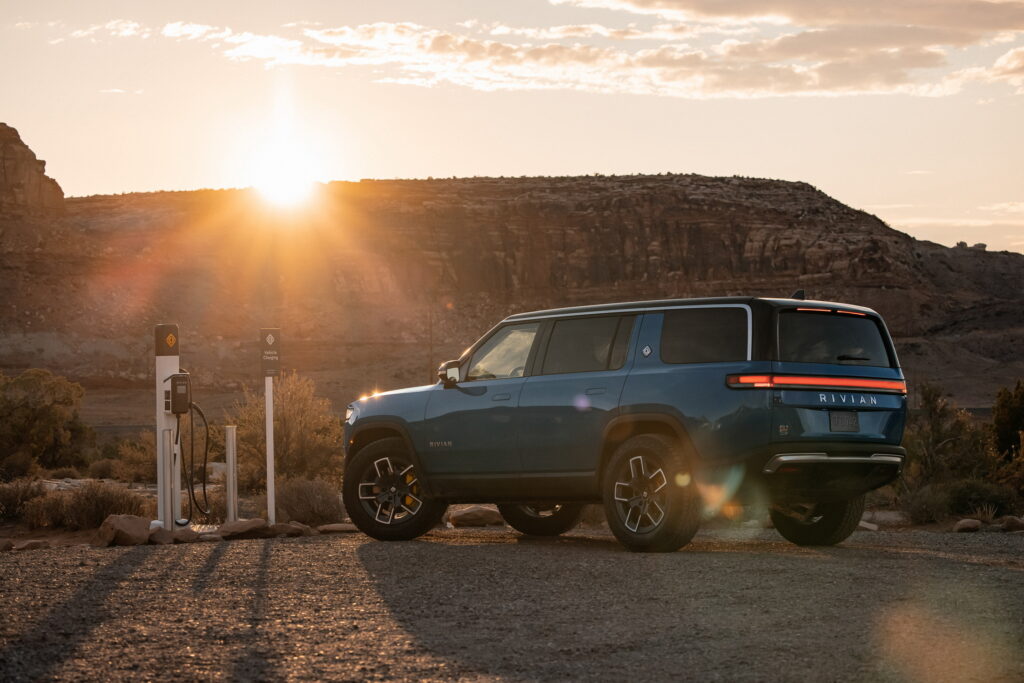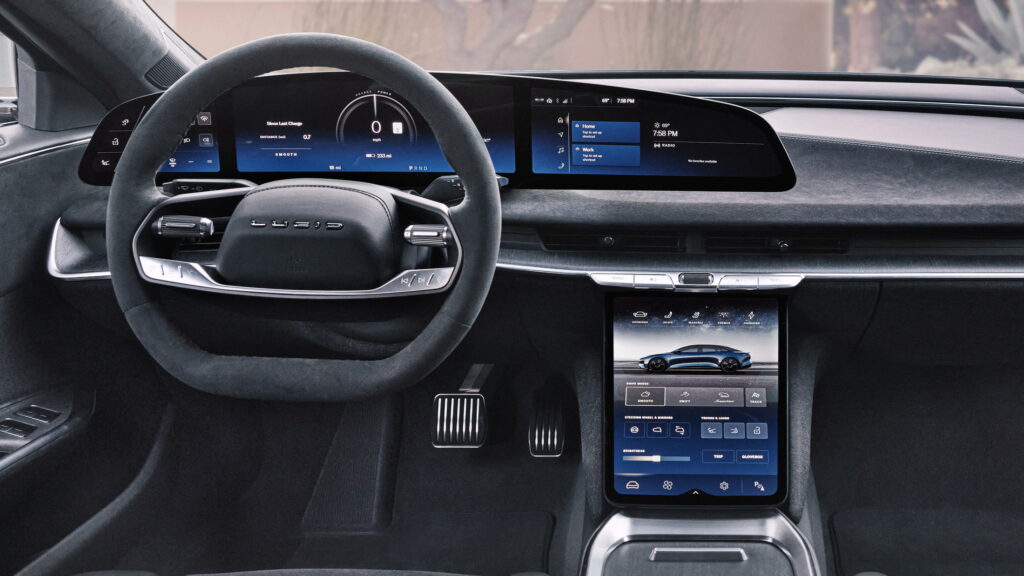Tesla took the automotive world by storm by offering fancy EVs with lots of advanced technology inside, but quickly gained a reputation for struggling with delivering on everything it promised. It seems that the rest of the automotive industry has decided to replicate its strategy for better and for worse.
Of the advanced tech features offered on both electric and internal combustion vehicles that J.D. Power looked at in its latest Tech Experience Study, problems per 100 vehicles were higher for the new energy vehicles than they were for traditional ones.
Electric vehicles had considerably more problems per 100 units than their ICE counterparts in remote parking assistance, interior gesture controls, and more. That reflects other research by J.D. Power that found that initial quality problems are 46 percent higher for EVs than in ICE vehicles. Further, satisfaction with EVs was lower in most categories in the Automotive Performance, Execution, and Layout (APEAL) study.
Read: Satisfaction With America’s Public EV Charging Network Hits New Low In 2023

“The perception in the industry is that most BEVs should offer many advanced technologies to compete with high-tech entrants like Tesla,” said Kathleen Rizk, director of user experience benchmarking and tech at J.D. Power. “Success will be dependent on those manufacturers that can execute flawlessly, while ensuring the user experience is the same for those who are tech-savvy and those who are not.”
Startups may be partially to blame for this trend. A groundswell of excitement for electric vehicles invited several new players (like Tesla, Rivian, Lucid, and Polestar) into the automotive industry. These companies are attempting to embrace tech industry business practices, meaning they tend to outpace traditional automakers (except Genesis) on the Innovation Index. That new tech, as well as new production facilities, mean that they have more average problems per 100 vehicles than the rest of the industry.
Arguably as new a brand as Polestar, albeit not one as dedicated to electric vehicles, Genesis leads J.D. Power’s overall innovation ranking. It is followed by its sister brand Hyundai, which leads the mass market segment, suggesting that the Korean automaker has managed to find a balance between innovative tech and reliability.








